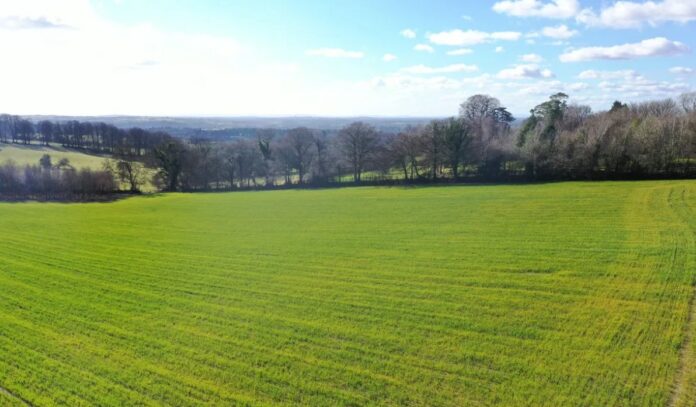Farmers must construct a Farm Sustainability Plan to ensure they deploy “the right measure in the right place” under ACRES.
ACRES is the newly proposed agri-environment climate measure which forms part of Ireland’s draft CAP Strategic Plan.
An FSP involves selecting the most appropriate actions that you will include in your ACRES application.
According to a spokesperson for the Department of Agriculture, Food, and the Marine, it includes a combination of field and desk assessments, whereby advisors assess environmental risks/assets and conservation targets on a farm.
Farm Sustainability Plan
Earlier this month, Minister for Agriculture, Food and the Marine, Charlie McConalogue, announced the opening of his Department’s Farm Sustainability Plan (FSP) portal.
This function will enable ACRES advisors to begin the process of developing farm plans in preparation for the submission of applications under the proposed Agri-Climate Rural Environment Scheme (ACRES) later in the year.
The minister says the online function will support farmers and advisors by providing “crucial” farm-level data for the preparation of draft plans and applications.
A spokesperson for the DAFM said: “A Farm Sustainability Plan (FSP) is an essential step in the ACRES application process.”
“The FSP online portal will enable advisors to review the land farmed by their clients and undertake field assessments to assist and advise farmers in the identification of the most appropriate actions for their ACRES application.”
The system will provide advisors with maps of landholdings to assist him/her in the field check.
The FSP has two main aims:
- To select the most appropriate actions for a particular farm according to land type, topography, existing habitats, and water risks;
- To help ensure that proposed actions will not have a negative environmental impact on habitats or water quality.
Using a habitats-based approach, delivered through both “multi-functional” prescription and results-based actions, ACRES aims to contribute “significantly” to achieving improved climate, biodiversity, air, and water quality outcomes.
An underlying principle is the location of “the right action in the right place” to maximise and enhance the contribution of actions to these objectives.
Other articles on That’s Farming:





